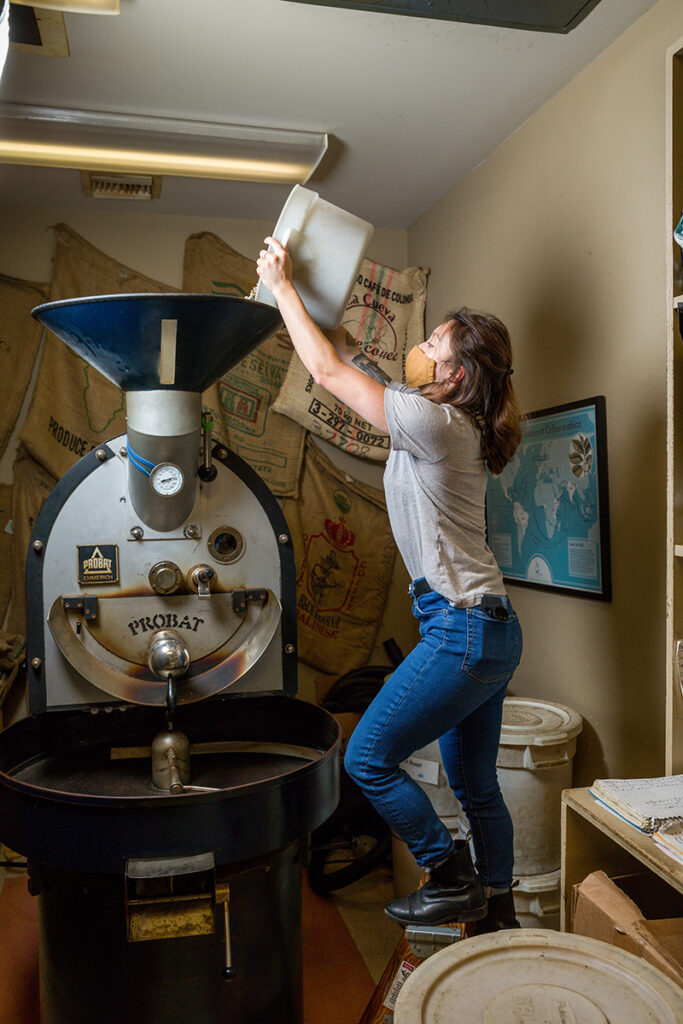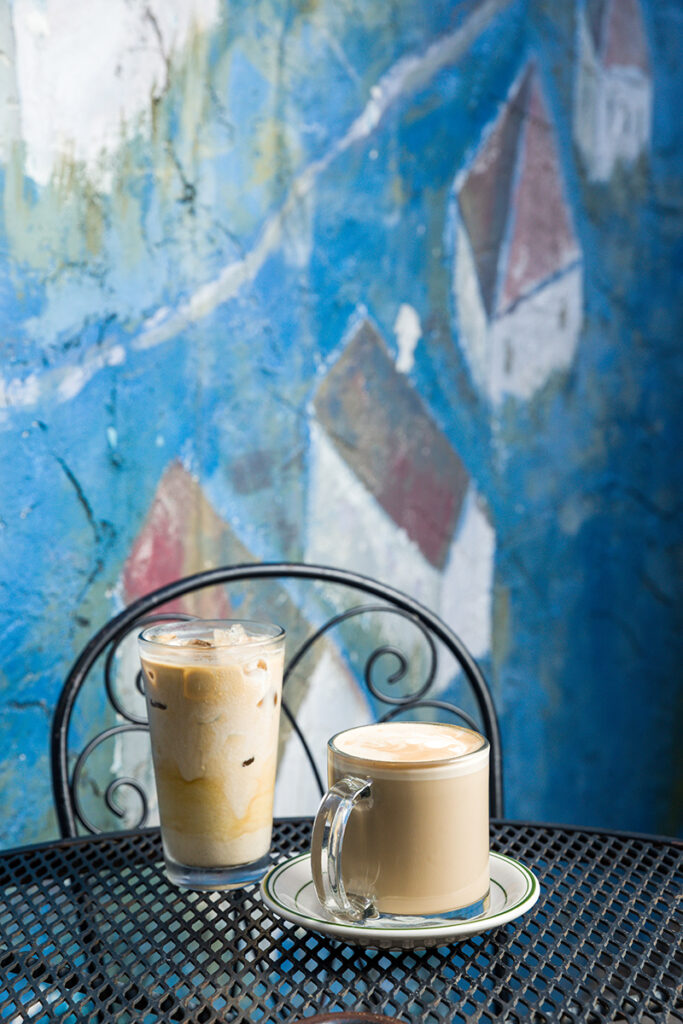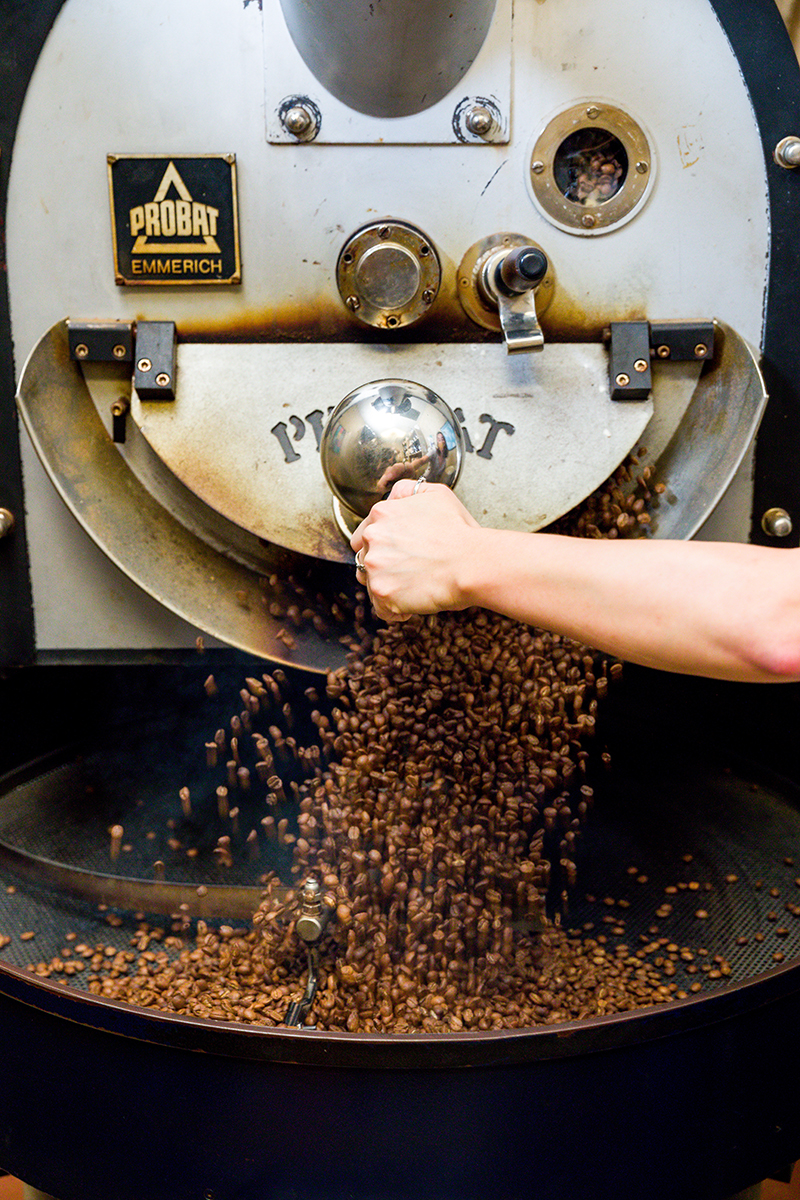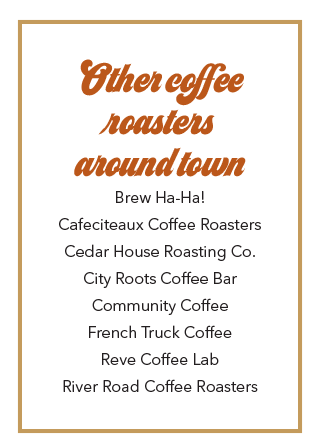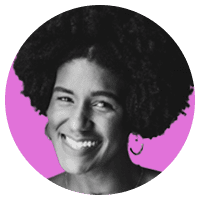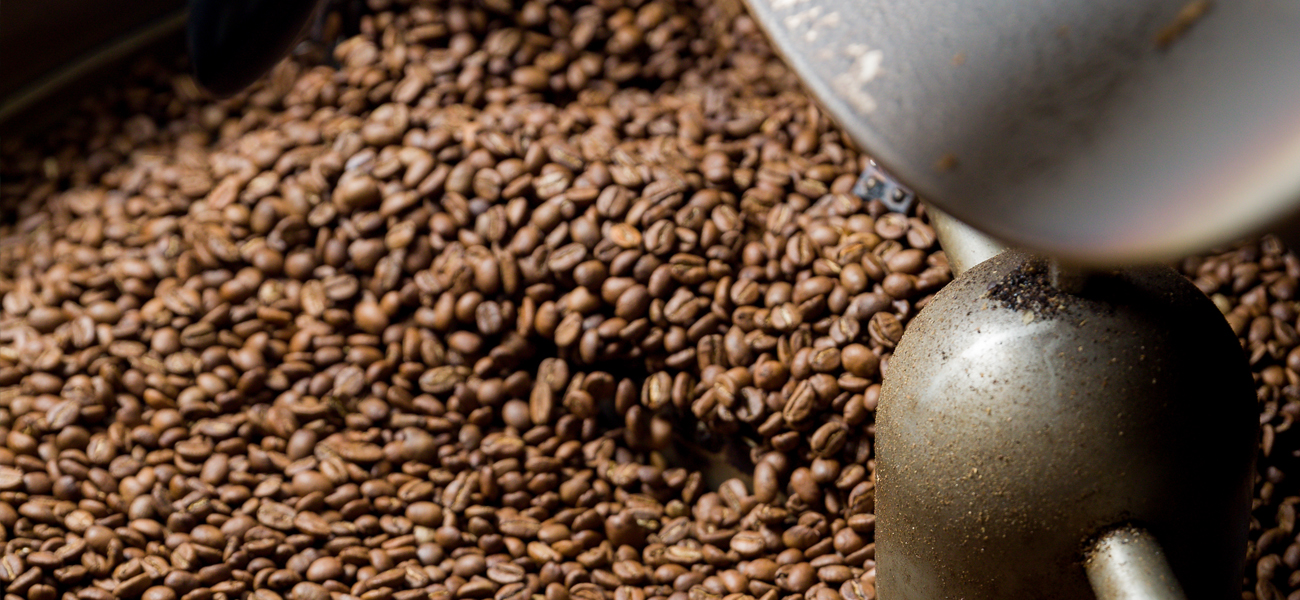
Local businesses are roasting their own coffee in Baton Rouge
As the amount of coffee shops rises in Baton Rouge, so does the number of roasters.
If you went to LSU or are from Baton Rouge, you’ve probably heard of Highland Coffees. It’s a local coffee shop staple on West Chimes Street and Highland Road. And the 32-year-old shop has been roasting its own freshly made coffee since the ‘80s.
The rustic, cozy and laid back coffee shop prioritizes quality coffee. Owner Clarke Cadzow has loved coffee and coffee shops since he was in college.
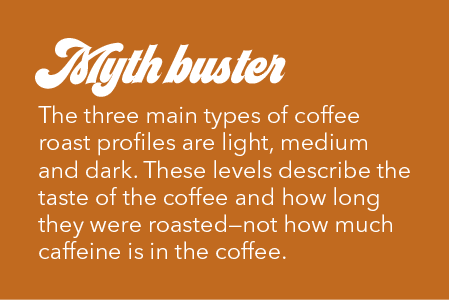 After completing graduate school in Texas and exploring the coffee scene in Austin, he wanted to create a cafe of his own. Following months of research with a friend and New Orleans coffee roaster, he was ready for business. His appreciation for coffee and attention to detail has trickled into all parts of Highland Coffees.
After completing graduate school in Texas and exploring the coffee scene in Austin, he wanted to create a cafe of his own. Following months of research with a friend and New Orleans coffee roaster, he was ready for business. His appreciation for coffee and attention to detail has trickled into all parts of Highland Coffees.
“The clock starts ticking the moment the beans are roasted,” Cadzow says. “Coffee loses its freshness and flavor in about two weeks after roasting.”
Highland Coffees takes many steps to ensure its coffee is served at its freshest. Coffee beans are roasted in-house five days a week. Bags of coffee are made in small batches and labeled with the roast date for transparency. Customers get to customize their drinks by choosing how light or dark they want their espresso, and can choose from decaf, medium roast, dark roast, blends and flavored coffees. Bags of Highland Coffees coffee are sold at the shop and can be ordered online.
“The ones who deserve the most credit are the farmers,” Cadzow says.
The beans are sourced from farms in Mexico, Guatemala, Brazil, Kenya, Ethiopia, Peru, Bolivia, Indonesia and Bali via “green” bean distributors. Once they are ready for picking, the ripe coffee berries are carefully plucked from the plant, split in half, dried, packaged and then shipped to the United States.
Whether more coffee shops want to control the quality of their coffee by self-roasting or just like the trendy look of an in-house roasting machine, the practice is becoming more and more common for local coffee shops. Places like Brew Ha-Ha!, Cedar House Roasting Co., City Roots Coffee Bar, French Truck Coffee and Reve Coffee Lab all roast beans for their drinks.
When Cadzow first opened Highland Coffees three decades ago, roasting your own coffee wasn’t as common. He didn’t know then that he would be spearheading a movement that continues to evolve.
Now, coffee lovers can sip Baton Rouge-roasted coffee at local shops all over the city and have it mailed to their homes across the country and abroad.
“Coffee shops are a part of the culture,” Cadzow says. highlandcoffeesbr.com
Know Your Roast
Light and dark
Roasting gives coffee beans their unique aroma and flavor. Similar to wine, coffee connoisseurs have found hundreds of ways to describe the aroma components of certain roasts. Generally speaking, a lighter roast will preserve the fruity notes and acidity of the bean, while a darker roast will create smoky, chocolatey aromas and mellow out the flavor.
Single-origin
Refers to the geographic origin of a certain coffee. Most major producers combine beans from different regions to create a blend. Single-origin coffees generally have a dependable flavor profile that’s tied to the climate and terrain of that region. Nicaraguan coffee might have nutty notes, while Kenyan coffee will be more citrusy and acidic, and Yemeni coffee will taste earthy and complex.
The top two beans
There are essentially two types of coffee beans produced commercially. Arabica makes up 60% of the total coffee bean production. It originated in Ethiopia but is now found on farms in tropical climates all over the world. The Arabica bean tends to be sweeter and offers more variations in flavor based on the growing region. Robusta is the other variety, originating from central and western Africa. It’s easier to grow at lower altitudes, which makes it cheaper. It’s also most commonly found in instant coffee because of its more straightforward flavor.
—BENJAMIN LEGER
This article was originally published in the October 2021 issue of 225 magazine.
|
|
|
